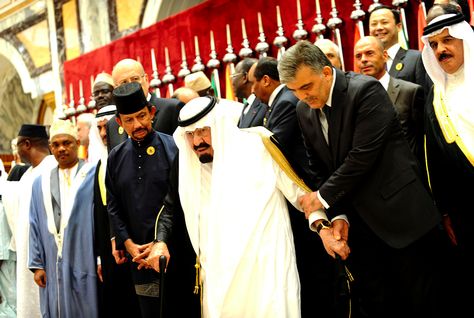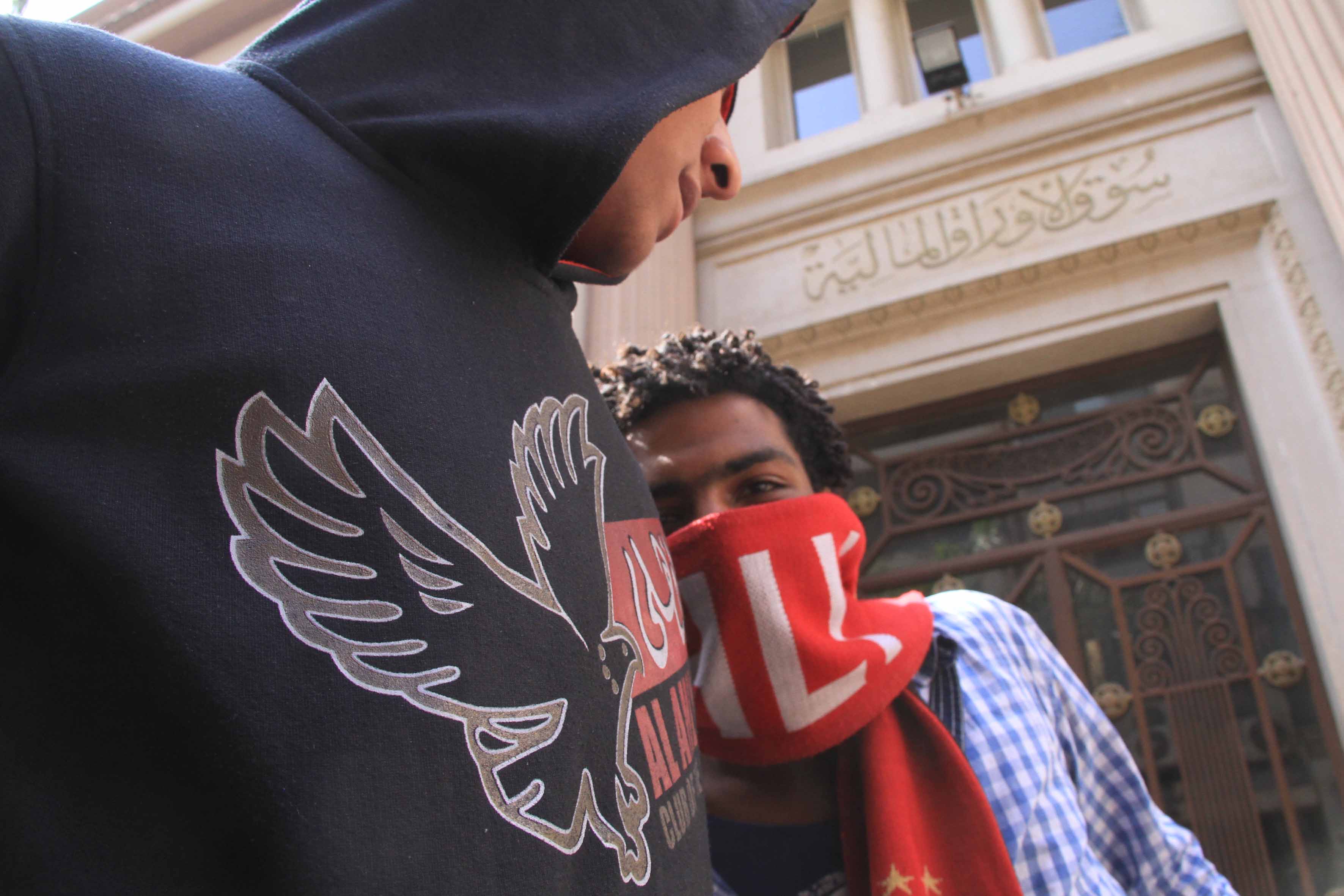The visit of Hamdy Sanad Louza, deputy foreign minister for African affairs, to West Africa comes in an effort to strengthen bilateral ties with the countries in the economic, trade and political fields, according to Foreign Ministry Spokesman Badr Abdelatty.
Louza is visiting Gabon and Ghana in a four-day trip which begins on Tuesday. Abdelatty said that the visit proves that the Egyptian side is keen on maintaining relations with all African countries and not just the Nile Basin countries.
“It’s not true we are only addressing the Nile issues in Africa,” Abdelatty said, while stressing, regardless, the importance of the Nile issues. “Our relationship with Africa is much bigger than that.”
The visit aims to demonstrate “Egypt’s achievements in implementing the roadmap” announced by Defence Minister Abdel Fattah Al-Sisi on 3 July 2013 following the ouster of former President Mohamed Morsi. The deputy minister will also discuss regional and international issues of common interest, the Ministry of Foreign Affairs said in a statement.
Foreign Minister Nabil Fahmy is meanwhile preparing for a tour of the Nile Basin countries. A dam Ethiopia is currently building on the Blue Nile, a major tributary to the Nile, has been a point of contention between Egypt and Ethiopia, as Egypt fears that it will have a detrimental effect on its share of Nile water.
The Egyptian delegation to Ethiopia, headed by the water minister, failed to resolve “sticking points” following talks on the Grand Ethiopian Renaissance Dam last week.
Egypt’s Deputy Foreign Minister for the Nile Basin Countries’ Affairs Mohamed Hamzawy met with a number of Egyptian businessmen who have investments or an interest to invest in African countries. The ministry said the meeting was part of Egypt’s efforts to “deepen its presence” in Africa, an inclination Egypt has adopted since the 30 June protests.
Abdelatty said that Fahmy’s tour in the Nile Basin countries will involve a number of businessmen with an interest in developmental projects in the said countries.
The Ministry of Foreign Affairs said the meeting included representatives from private corporations specialised in energy, infrastructure and transportation, adding that those sectors are among the priorities of the Nile Basin countries and East Africa. The Egyptian government is “keen on helping our African brothers fulfil their developmental needs,” the ministry said.
“We aim to develop our relationship with other African countries in a manner that would benefit both sides,” Abdelatty said. He added that such activities prove that the decision of the African Union Peace and Security Council to suspend Egypt’s activities within the union is “wrong”. The decision was taken right after Morsi’s ouster last July.
In late January, the African Union (AU) High-Level Panel for Egypt “affirmed the correctness” of the decision. The three-man delegation visited Egypt twice in the months following Morsi’s ouster. The panel met with the leading political stakeholders as well as civil society, business and religious leaders.
“This decision will not affect our activities in Africa or our relationship with other African countries,” Abdelatty said.
Following Egypt’s suspension, the foreign ministry launched diplomatic efforts to resume its activities within the union. Diplomats were dispatched around Africa to “explain the truth of the developments that occurred in Egypt recently.”


